Ditapis dengan
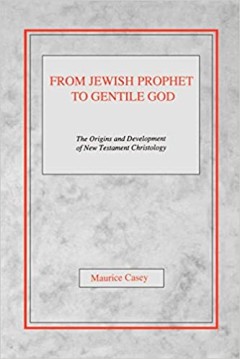
From Jewish Prophet to Gentile God: The Origins and Development of New Testam…
In From Jewish Prophet to Gentile God, Maurice Casey suggests a new theory as to why New Testament Christology developed as it did. In making his argument, Casey pays particular attention to the culture of Jesus and the earliest Christians.
- Edisi
- First Published
- ISBN/ISSN
- 0-227-67920-2
- Deskripsi Fisik
- 197 pgs.; 24 cm.
- Judul Seri
- -
- No. Panggil
- 232.01 CAS f
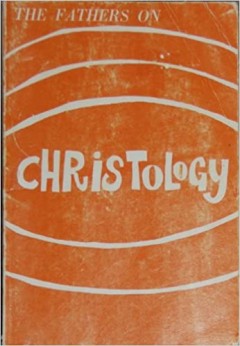
The Fathers on Christology
- Edisi
- First Published
- ISBN/ISSN
- -
- Deskripsi Fisik
- 160 pgs.; 17 cm.
- Judul Seri
- -
- No. Panggil
- 232 SMu f
- Edisi
- First Published
- ISBN/ISSN
- -
- Deskripsi Fisik
- 160 pgs.; 17 cm.
- Judul Seri
- -
- No. Panggil
- 232 SMu f
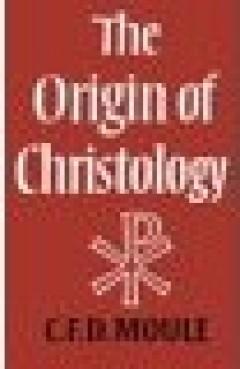
The Origin of Christology
This book is about the processes by which Christians of the first century came to understand Jesus as they did. Some writers represent these as 'evolutionary', as though a merely human teacher came to be thought of as a divine figure (a new species, so to speak). Professor Moule suggests that 'development' is a preferable analogy, implying not the evolution of a new species of figure, but the d…
- Edisi
- First Published
- ISBN/ISSN
- 0-521-21290-1
- Deskripsi Fisik
- x + 187 pgs.; 21,5 cm.
- Judul Seri
- -
- No. Panggil
- 232.09015 MOU o
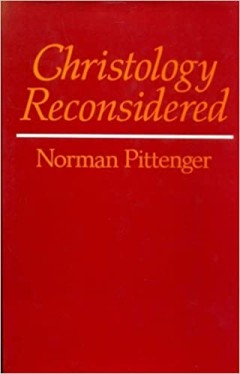
Christology Reconsidered
- Edisi
- First Published
- ISBN/ISSN
- 334-00211-7
- Deskripsi Fisik
- 160 pgs.; 22 cm.
- Judul Seri
- -
- No. Panggil
- 232 PIT c
- Edisi
- First Published
- ISBN/ISSN
- 334-00211-7
- Deskripsi Fisik
- 160 pgs.; 22 cm.
- Judul Seri
- -
- No. Panggil
- 232 PIT c
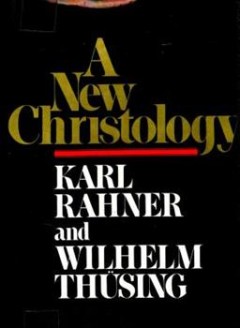
A New Christology
- Edisi
- First Published
- ISBN/ISSN
- 0-86012-081-3
- Deskripsi Fisik
- 239 pgs.; ils.; 21 cm.
- Judul Seri
- -
- No. Panggil
- 232 RAH n
- Edisi
- First Published
- ISBN/ISSN
- 0-86012-081-3
- Deskripsi Fisik
- 239 pgs.; ils.; 21 cm.
- Judul Seri
- -
- No. Panggil
- 232 RAH n
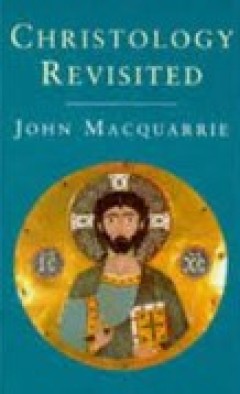
Christology Revised
- Edisi
- First Published
- ISBN/ISSN
- 0-334-02737-3
- Deskripsi Fisik
- 123 pgs.; 21,5 cm.
- Judul Seri
- -
- No. Panggil
- 232 MAC c
- Edisi
- First Published
- ISBN/ISSN
- 0-334-02737-3
- Deskripsi Fisik
- 123 pgs.; 21,5 cm.
- Judul Seri
- -
- No. Panggil
- 232 MAC c

Doing Christology: The Re-Appropriation of a Tradition
- Edisi
- Second Edition
- ISBN/ISSN
- 971-501-344-9
- Deskripsi Fisik
- xiii + 351 pgs.; 21 cm.
- Judul Seri
- -
- No. Panggil
- 232 MES d
- Edisi
- Second Edition
- ISBN/ISSN
- 971-501-344-9
- Deskripsi Fisik
- xiii + 351 pgs.; 21 cm.
- Judul Seri
- -
- No. Panggil
- 232 MES d
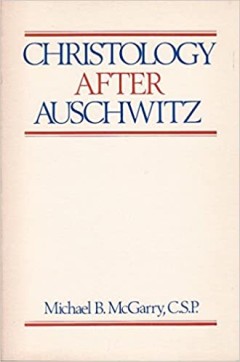
Christology After Auschwitz
- Edisi
- First Published
- ISBN/ISSN
- 0-8091-2024-0
- Deskripsi Fisik
- viii + 119 pgs.; 20,5 cm.
- Judul Seri
- -
- No. Panggil
- 232 GAR c
- Edisi
- First Published
- ISBN/ISSN
- 0-8091-2024-0
- Deskripsi Fisik
- viii + 119 pgs.; 20,5 cm.
- Judul Seri
- -
- No. Panggil
- 232 GAR c
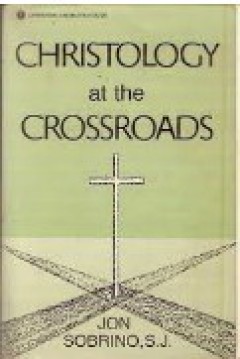
Christology at the Crossroads
All theology is contextual; but not all contextual theology is good theology. Truly great theology must be rooted in a double context: it must be obedient to the living Jesus, and it must work out that obedience in the time and place in which it is set. Chris toh)gy at the Crossroads is an example of truly great contextual theology. The context in which Fr Sobrino writes is South America and th…
- Edisi
- Fourth Published
- ISBN/ISSN
- 0-88344-076-8
- Deskripsi Fisik
- xxvi + 432 pgs.; 21 cm.
- Judul Seri
- -
- No. Panggil
- 232 SOB c
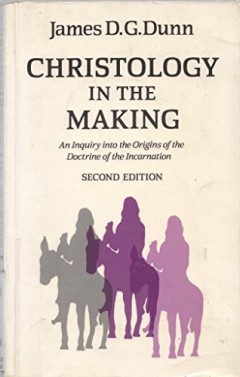
Christology in the Making : A New Testament Inquiry into the Origins of the D…
The New Testament documents cover an intense period of innovation and development in what we now call "Christology." Before Jesus, "Christology" either did not exist, or existed, properly speaking, only in different forms of "messianic expectation." At the end of that period, however, an advanced and far-reaching Christology is already in place that does not hesitate to speak of Jesus as "God."…
- Edisi
- Second Edition
- ISBN/ISSN
- 0-334-00237-0
- Deskripsi Fisik
- xlvi + 443 pgs.; 21,5 cm.
- Judul Seri
- -
- No. Panggil
- 232 DUN c
 Karya Umum
Karya Umum  Filsafat
Filsafat  Agama
Agama  Ilmu-ilmu Sosial
Ilmu-ilmu Sosial  Bahasa
Bahasa  Ilmu-ilmu Murni
Ilmu-ilmu Murni  Ilmu-ilmu Terapan
Ilmu-ilmu Terapan  Kesenian, Hiburan, dan Olahraga
Kesenian, Hiburan, dan Olahraga  Kesusastraan
Kesusastraan  Geografi dan Sejarah
Geografi dan Sejarah